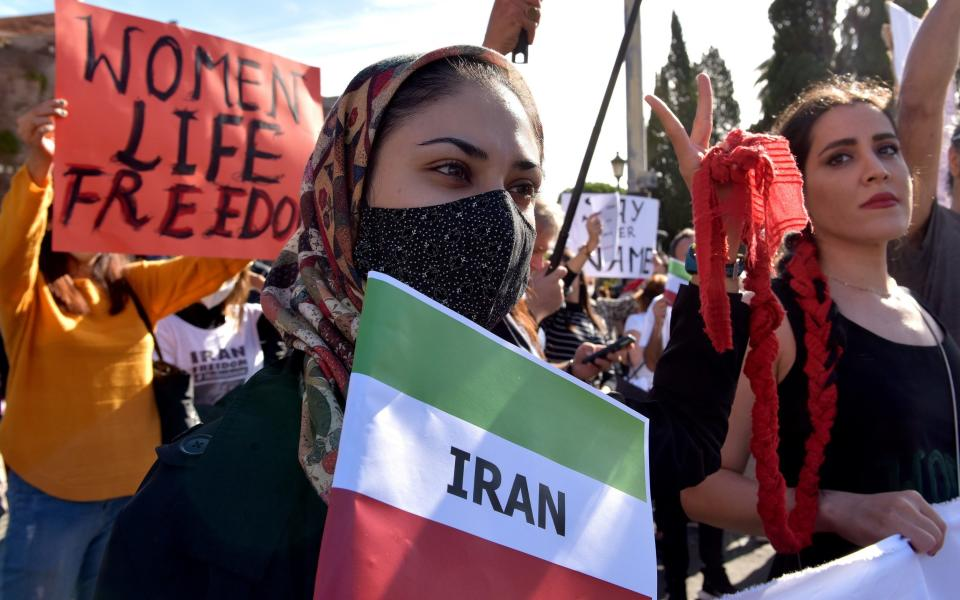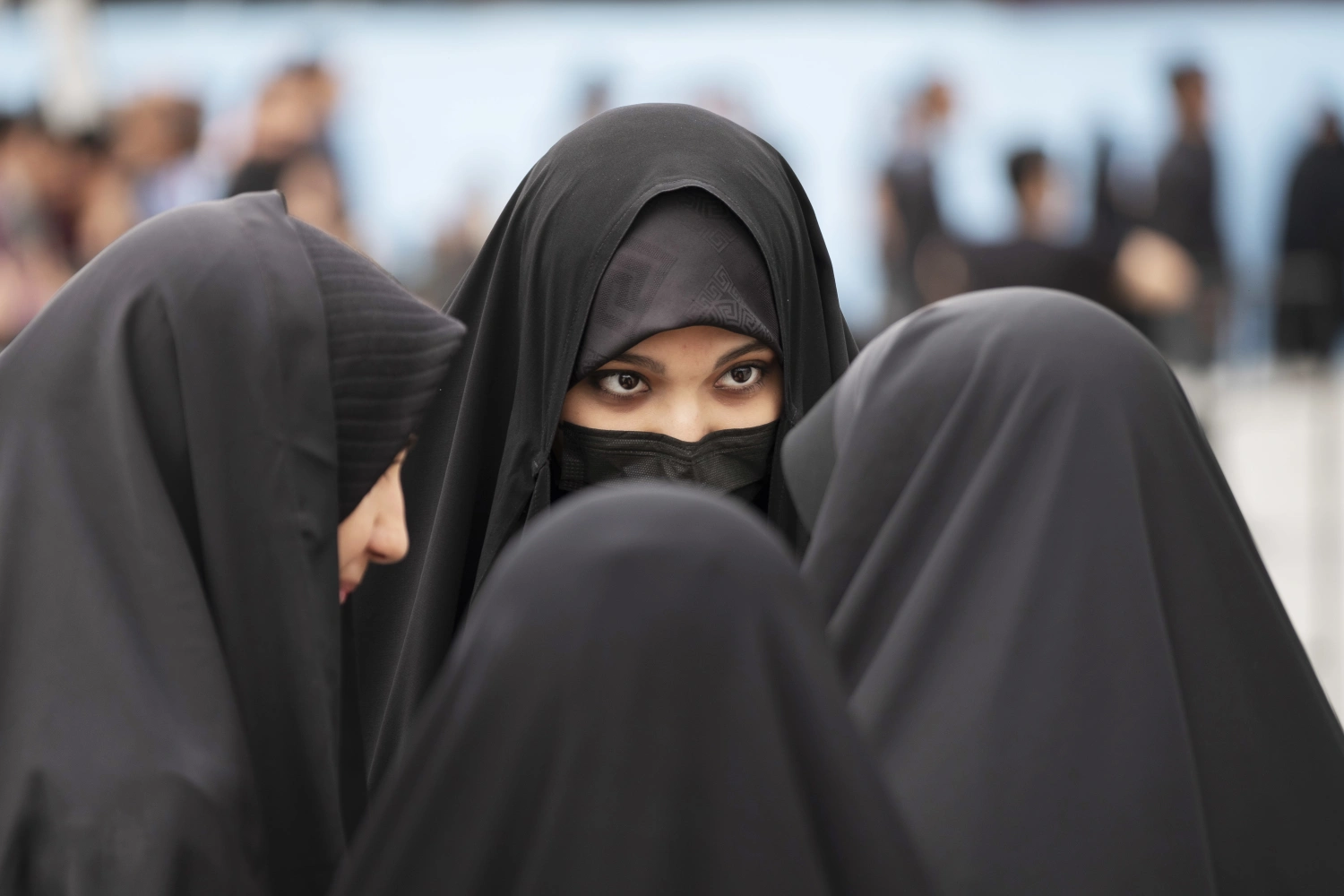Iran’s decision to launch a clinic providing “scientific and psychological treatment” for women refusing to wear the hijab has ignited controversy across national and international fronts. This move, perceived by critics as an effort to suppress dissenting women, comes amid a backdrop of rising tensions over mandatory hijab laws and ongoing civil resistance.
The Controversial Clinic: A Step Back for Women’s Rights
The establishment of the so-called “hijab removal treatment clinic” was announced by Mehri Talebi Darestani, head of the Women and Family Department of Tehran Headquarters, a body under the supreme leader’s authority.
The clinic is framed as an institution offering “scientific and psychological treatment” for women who defy Iran’s strict dress code requiring head coverings in public.
Critics argue that such a clinic is an affront to women’s rights and autonomy. Iranian journalist Sima Sabet, a vocal critic of the regime, called the idea “shameful” and reminiscent of authoritarian regimes that attempt to enforce ideological conformity through coercive measures.
Read : Tajikistan is Set to Ban Hijab and Other Islamic Clothes
Human rights lawyer Hossein Raeesi echoed these sentiments, describing the initiative as “neither Islamic nor aligned with Iranian law.”
Read : Iran Opens Mental Health Clinic for Women Who Refuse Hijab
Human rights organizations and activists have highlighted the deeper implications of this move, suggesting it reflects the state’s increasing desperation to curb growing dissent among women. Many view the clinic as a thinly veiled attempt to institutionalize punishment under the guise of healthcare, with fears that it may function as a detention center for women who refuse to conform.
Rising Dissent Amid Increased Crackdowns
This announcement has further galvanized the “Woman, Life, Freedom” movement, which gained global attention following the death of Mahsa Amini in police custody in 2022.
Since then, women in Iran have continued to defy mandatory hijab laws by publicly removing their headscarves, an act considered both a form of civil disobedience and a demand for personal freedom.

Reports of escalating crackdowns on women violating the dress code have added fuel to the fire. Human rights organizations report a surge in arrests, forced disappearances, and closure of businesses linked to hijab-related violations.
Notable cases include that of Roshanak Molaei Alishah, a 25-year-old arrested after confronting a man harassing her about her attire. Her current whereabouts remain unknown, underscoring the opaque and repressive nature of the government’s enforcement tactics.
In another alarming incident, a university student who was assaulted by campus security for not adhering to hijab laws stripped down to her underwear in protest. The student was subsequently sent to a psychiatric facility, an act Amnesty International and other human rights groups have condemned as state-sponsored abuse disguised as mental health intervention.
International and Domestic Outrage
The clinic announcement has drawn widespread condemnation from both within Iran and abroad. Women’s rights activists view it as a continuation of the Iranian government’s attempts to criminalize personal choice and enforce state ideologies through oppressive measures.
An Iranian woman, speaking anonymously to The Guardian, described the clinic as a “prison” rather than a place of treatment, pointing to the state’s misplaced priorities amid economic struggles and infrastructure failures like frequent power cuts. “This is not about healthcare; this is about control,” she stated, urging fellow citizens to rise against the initiative.

International activists and organizations, including Amnesty International, have expressed deep concern over the clinic’s potential to further violate human rights. They fear it could lead to the institutionalization of dissenters under the pretext of providing psychological care, exposing them to torture, violence, and forced medication.
Sima Sabet highlighted the chilling implications of such clinics, warning that separating individuals from society for ideological nonconformity mirrors practices of some of history’s most oppressive regimes. Human rights lawyer Hossein Raeesi called on global leaders to hold Iran accountable, emphasizing the importance of international pressure to prevent further erosion of women’s rights in the country.
Iran’s establishment of a “hijab removal treatment clinic” marks a troubling escalation in the country’s ongoing crackdown on women’s rights and personal freedoms. By framing ideological enforcement as psychological treatment, the government appears to be institutionalizing repression, further alienating women who demand autonomy and equality.
The move has drawn widespread outrage, with human rights groups and activists condemning it as a violation of basic human dignity and freedom. As resistance movements like “Woman, Life, Freedom” continue to gain momentum, this initiative may serve as yet another rallying cry for those demanding change in Iran.

